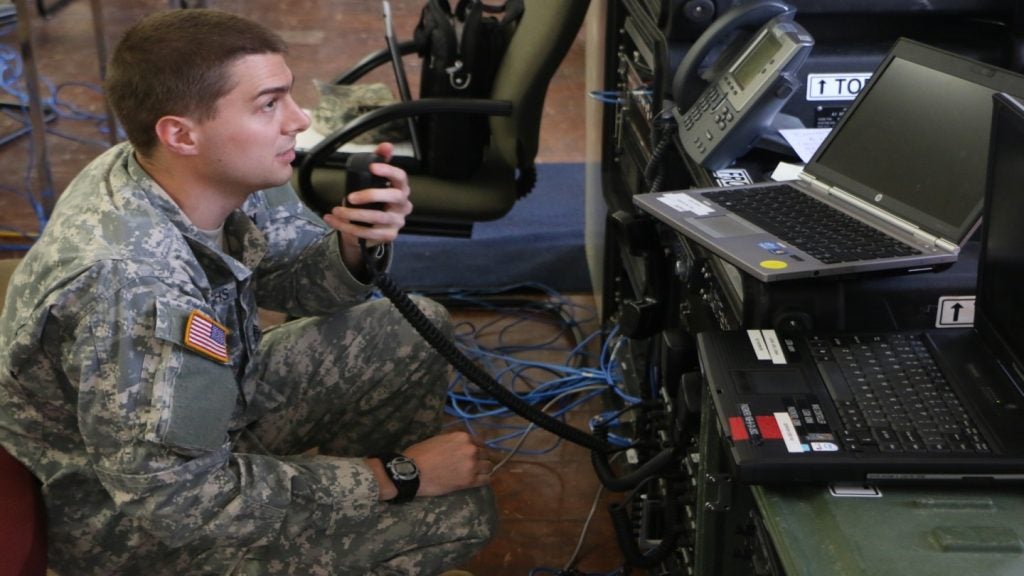
Researchers at the University of Washington School of Medicine (UW-SM) have conducted a study examining the lifting effects of caring texts sent to deployed soldiers on their general mood while on active-duty in military operations.
The study set out to test the effectiveness of caring texts by observing 658 randomised participants at three military locations. The participants, who were identified as being at risk of suicide, were split into two groups, with the control group sent 11 text messages from a military clinician, who also called them on the phone if they were feeling urgent distress.
Study lead and professor of psychiatry and behavioural sciences at UW-SM Kate Comtois noted that the most significant discovery was the ability of a caring text to reduce the risk of a suicide attempt. A caring text could reduce a 15% likelihood of suicide to 9%.
Comtois said: “Caring contacts is an entirely different way to engage and take care of suicidal individuals. It can both prevent suicidal behaviour and provide support over periods of stress and transition.”
Although the study found that a link between a caring text and a reduced risk in suicide attempts was generally inconclusive – due to the complex nature of suicide – some useful insights were discovered into how caring texts could lift spirits of warfighters on deployment.
The research team found that while only 14% of participants opened up to the clinician about their difficulties initially, after a short conversation with the clinician the individual’s overall mood improved.
How well do you really know your competitors?
Access the most comprehensive Company Profiles on the market, powered by GlobalData. Save hours of research. Gain competitive edge.

Thank you!
Your download email will arrive shortly
Not ready to buy yet? Download a free sample
We are confident about the unique quality of our Company Profiles. However, we want you to make the most beneficial decision for your business, so we offer a free sample that you can download by submitting the below form
By GlobalDataUW-SM research scientist Amanda Kerbrat said: “Most people didn’t seem to need much to get the message that someone cared and was looking out for them.”
Military personnel have traditionally had a lower rate of suicide than the general population. Veterans today, however, have a 50% higher incidence rate of suicide, according to the ten-year-long Department of Veterans Affairs Suicide Data Report completed in 2016.
In 2018, the US Armed Forces suffered from the highest rate of suicides among active-duty personnel since 2012. According to Military.com, there were 321 active-duty suicides in 2018 – 57 marines, 68 sailors, 58 from the air force and 138 army soldiers.
Walter Reed Army Institute of Research psychiatrist Charles Hoge called the study a “hallmark clinical trial from the DoD portfolio”, despite the fact that the study was inconclusive.
He said that since only 30% of veterans are engaged in Veterans Affairs care, more research needs to be done into how the DoD can prevent suicides among its active and retired personnel.
For the research team, something as simple as caring text could be implemented with correct guidelines on what should be included in the messages.
Comtois said that “the intervention is ready for prime time”, adding that her team is working on a free toolkit to give health care providers the ability to incorporate caring texts into their general practices.







